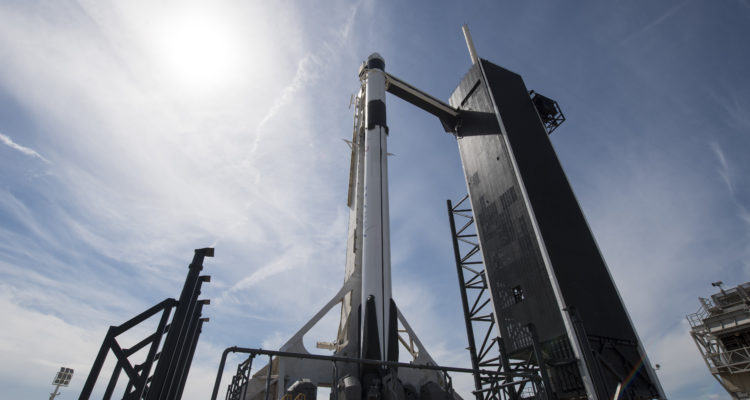Google announced it will award SpaceIL a $1 million prize.
By David Isaac, World Israel News
Google has announced that it will award SpaceIL a $1 million prize if its Genesis lander successfully reaches the lunar surface on its scheduled date of April 11.
SpaceIL, the nonprofit company established in 2011 with the aim of landing the first Israeli lunar spacecraft, had been competing for the Google Lunar XPRIZE – a $20 million award for the first non-governmental group to reach the moon. The competition deadline ended with no winners on March 31, 2018 despite groups from many nations competing.
However, only SpaceIL decided to continue, prize or no. Google, however, impressed with SpaceIL’s persistence has decided to promise a financial award anyway.
“Though the Google Lunar X Prize went unclaimed, we are thrilled to have stimulated a diversity of teams from around the world to pursue their ambitious lunar missions, and we are proud to be able to recognize SpaceIL’s accomplishment with this Moonshot Award,” Anousheh Ansari, chief executive of the X Prize Foundation, said in a statement last Friday.
“SpaceIL’s mission represents the democratization of space exploration. We are optimistic about seeing this first domino fall, setting off a chain reaction of increasingly affordable and repeatable commercial missions to the moon and beyond,” Peter Diamandis, founder and executive chairman of the X Prize Foundation, said in a statement.
On Thursday, the Genesis spacecraft will reach moon orbit and perform Lunar Capture, a complex maneuver aimed at entering the moon’s gravity at which point it will begin circling in for its planned landing on April 11.
SpaceIL was founded by three young engineers: Yariv Bash, Kfir Damari and Yonatan Winetraub.
According to SpaceIL’s website, the nonprofit hopes “to create an Israeli ‘Apollo Effect.'” The Apollo Effect refers to the many innovations that came out of the American manned space program to the moon and the way it inspired a generation of youth to enter the sciences.





